« IWC SCHAFFHAUSEN LAUNCHES NEW DA VINCI WATCHES | Main | 89TH OSCARS NOMINATIONS ANNOUNCED »
January 20, 2017
Preparing for Fourth Industrial Revolution Requires Deeper Commitments to Education
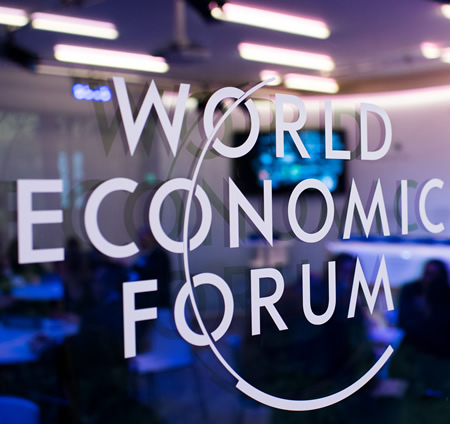

Photos: World Economic Forum Annual Meeting 2017, Davos, Switzerland. Images provided by & Copyright © World Economic Forum / Faruk Pinjo / Valeriano Di Domenico.
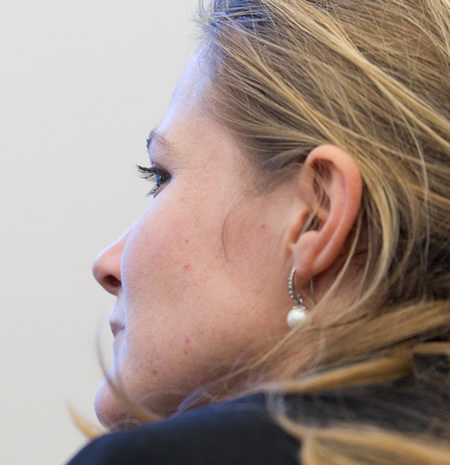
Photo: Interaction during the session: Davos Insights: Strengthening Systems for Global Collaboration, at the Annual Meeting 2017 of the World Economic Forum in Davos, Switzerland, January 20, 2017. Image provided by & copyright © World Economic Forum / Greg Beadle.
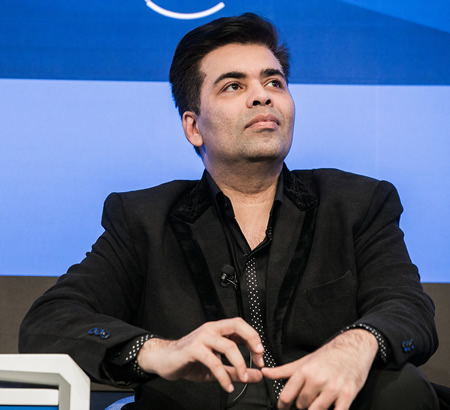
Photo: The New Lead Characters. Karan Johar, Head, Dharma Productions, India, at the Annual Meeting 2017 of the World Economic Forum in Davos, January 17, 2017. Image provided by & copyright © World Economic Forum / Jakob Polacsek.
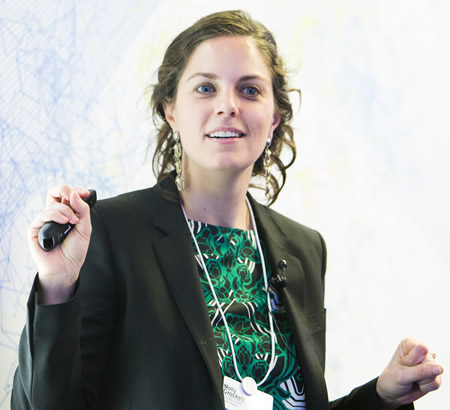
Photo: Ask About: The Psychology of Populism. Molly Crockett, Associate Professor of Experimental Psychology, University of Oxford, United Kingdom, at the Annual Meeting 2017 of the World Economic Forum in Davos, January 17, 2017. Image provided by & copyright © World Economic Forum / Sikarin Thanachaiary.
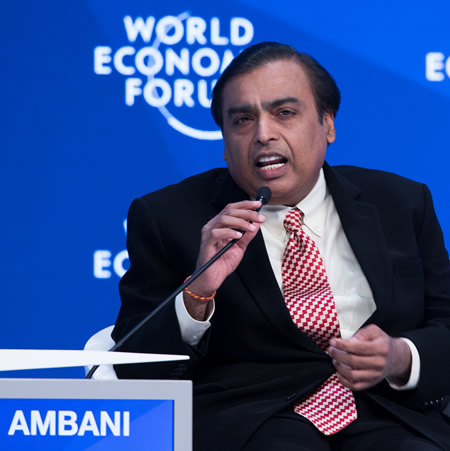
Photo: Preparing for the Fourth Industrial Revolution. Mukesh D. Ambani, Chairman and Managing Director, Reliance Industries, India, “Preparing for the Fourth Industrial Revolution” Session at the World Economic Forum in Davos, January 17, 2017. Image provided by & copyright © World Economic Forum / Valeriano Di Domenico.
Davos-Klosters, Switzerland - January 20, 2017 — The accelerating pace of change driven by emerging technologies threatens to create wider income and opportunity gaps, warned business and technology leaders in a session on preparing for the Fourth Industrial Revolution on the opening day of the World Economic Forum Annual Meeting. “We are at a point where it is possible that technological development can accelerate and increase digital refugees,” warned Marc R. Benioff, Chairman and Chief Executive Officer of Salesforce in the US. Added Vishal Sikka, Chief Executive Officer of Infosys in the US: “We have to put in an extra effort so that we don’t create a bigger society of have-nots. That means a deep commitment to education and to addressing the displacements.”
The key to preparing for the Fourth Industrial Revolution lies in the technologies themselves, argued Mukesh D. Ambani, Chairman and Managing Director of Reliance Industries in India. “These technologies really are all-inclusive and will benefit all. In a sense they are great equalizers.” The rapid growth of e-commerce and digital cash in India is an example, he observed. “And the fastest way to transmit education in a big country like India is through technology.” Making these technologies inclusive will require designing them so that they benefit everybody and not just a few, Sikka said. “That requires empathy. I’ve always wondered why every company isn’t a technology company.”
Focusing on education and promoting innovation are not new solutions to the challenges of inequality and marginalization. “Education and entrepreneurship are the answers,” Sikka stressed. “We just haven’t been doing enough of it.” And what is required are fresh approaches or new models shaped through debate and collaboration among all stakeholders, Benioff said. He proposed that CEOs each adopt a public school. For initiatives to be effective will require building trust and articulating a vision, explained Mary Barra, Chairman and Chief Executive Officer of the General Motors Company in the US. “You need to be incredibly transparent for people to have trust.”
To prepare for the disruptions of the Fourth Industrial Revolution, leaders will require radar to pick up on displacement and discontent and a compass to set the values and vision needed to succeed, Ngaire Woods, Dean of the Blavatnik School of Government at the University of Oxford in the UK, told participants. To weather the challenges will require more collaboration among countries, said Shu Yinbiao, Chairman of the State Grid Corporation of China. “Globalization is inevitable and is good for the development of the global economy. We will need more international cooperation.”
The 47th World Economic Forum Annual Meeting is taking place on 17-20 January in Davos-Klosters, Switzerland, under the theme Responsive and Responsible Leadership. More than 3,000 participants from nearly 100 countries are participating in over 400 sessions.
The Co-Chairs taking a principal role in shaping the discussion at the meeting are:
- Frans van Houten, President and Chief Executive Officer, Royal Philips, Netherlands.
- Brian Moynihan, Chairman of the Board and Chief Executive Officer, Bank of America Corporation, USA.
- Sharmeen Obaid-Chinoy, Documentary Filmmaker, SOC Films, Pakistan.
- Helle Thorning-Schmidt, Chief Executive Officer, Save the Children International, United Kingdom.
- Meg Whitman, President and Chief Executive Officer, Hewlett Packard Enterprise, USA.
|GlobalGiants.Com|







Edited & Posted by the Editor | 1:33 PM | Link to this Post







